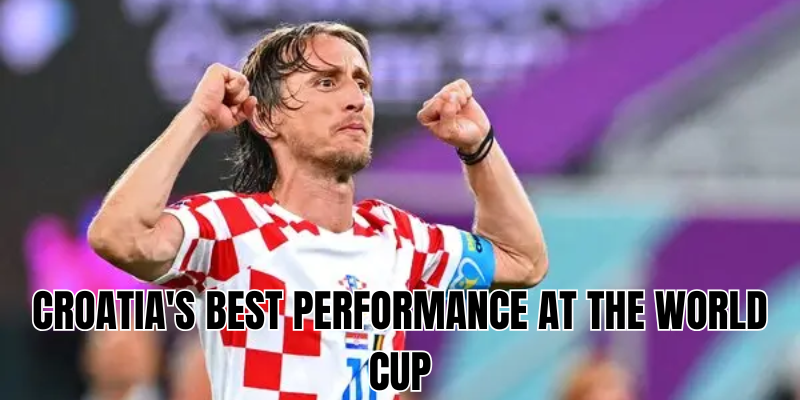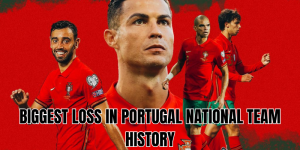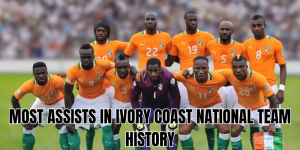From a small Balkan nation to one of the most consistent dark horses in global football — Croatia’s journey on the World Cup stage is nothing short of epic. In this article, GypsyGoal will take you through Croatia’s best performance at the World Cup, explore the key moments in their history, compare their top finishes, and shine a light on how a nation with just over four million people carved its name into the sport’s biggest tournament.
The Rise of a Nation on the Big Stage
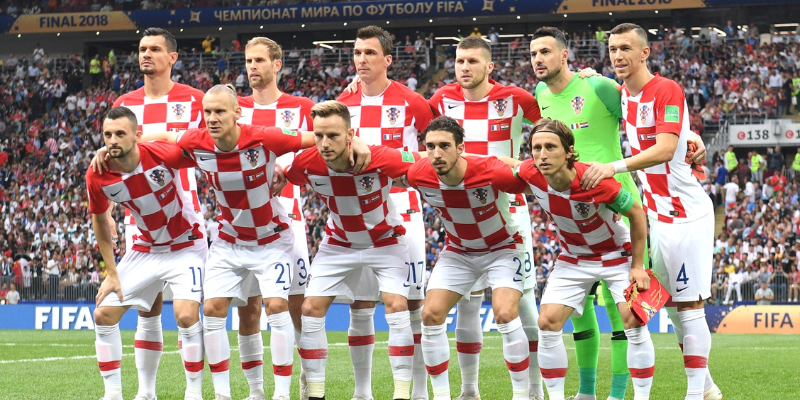
Since gaining independence and joining FIFA in the early 1990s, Croatia rapidly transformed. Their first appearance in the World Cup finals came in 1998 — just six years after becoming a sovereign state. In that tournament, many dismissed them as underdogs, but Croatia quickly won hearts and stunned powerhouses. They claimed third place in 1998, a sensational achievement for a debuting nation. This early success set the tone for what the country would strive to become: consistent, fearless, and always dangerous.
That 1998 performance raised the bar. Over the next two decades, Croatia would occasionally stumble — group stage exits in 2002, 2006, and 2014 — but the ambition always remained: to go further. Their trajectory culminated in a landmark tournament in 2018, where they would reach the ultimate peak of runners-up, making Croatia’s best performance at the World Cup a reality.
Defining “Best Performance” — Third Place vs Finalist
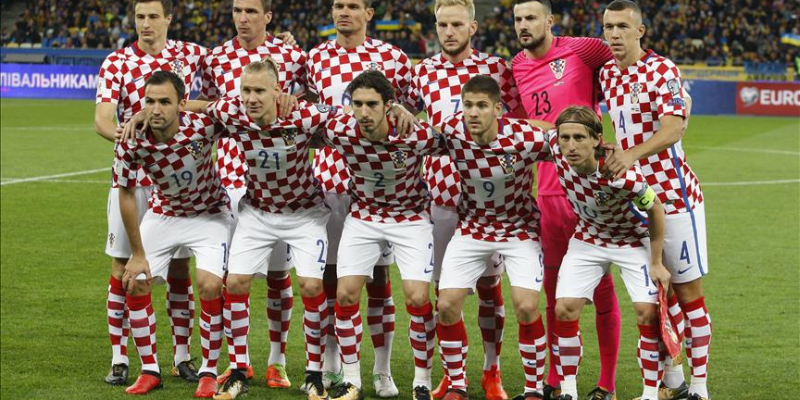
When discussing Croatia’s best performance at the World Cup, there’s a nuance: is a third-place finish in a debut tournament “better” than a runner-up finish two decades later? Here’s how they stack up:
| Year | Finish | Matches Played | Wins–Draws–Losses | Goals For / Against |
| 1998 | 3rd place | 7 | 5 – 0 – 2 | 11 – 5 |
| 2018 | Runners-up | 7 | 4 – 2 – 1 | 14 – 9 |
| 2022 | 3rd place | 7 | 2 – 4 – 1 | 8 – 7 |
- In 1998, as debutants, Croatia’s fearless run to third place was extraordinary: they knocked out Romania, Germany, then lost in the semifinal to the Netherlands, only to win the third-place match against the same Dutch side.
- In 2018, they had arguably more challenging paths, long knockout battles, extra time, and fatigue — yet reached the final. Their offensive output was higher, and they took on a much more competitive global landscape.
- In 2022, they reaffirmed their status as top-level performers, finishing third again after a grueling set of knockout games.
In pure ranking terms, the 2018 campaign (runner-up) sits above the third-place finishes. For national pride, momentum, and legacy, that final appearance marks Croatia’s best performance at the World Cup.
The 2018 Run: How They Achieved Their Zenith
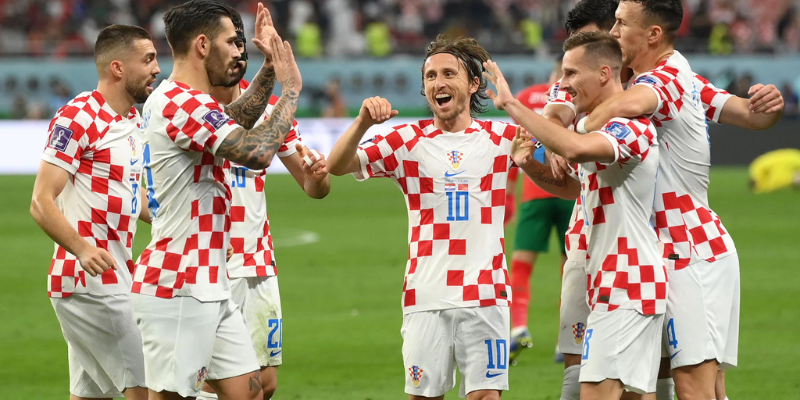
The road to the 2018 final was dramatic, gritty, and unforgettable.
Group Stage and Early Rounds
Croatia advanced.
Knockout Battles
- Round of 16: beat Denmark on penalties after a 1–1 draw.
- Quarter-final: eliminated Russia (hosts) via penalties after a 2–2 draw.
- Semi-final: crushed England 2–1 in extra time — a moment of national euphoria as Luka Modrić and Ivan Rakitić booked history.
The Final vs France
In the final, Croatia fell 4–2 to an electric French side. It wasn’t a fairy tale ending, but the journey itself cemented Croatia among football’s elite. They showed resilience, flair, and heart — qualities that continue to define them.
Luka Modrić became the heartbeat of that squad. His vision, control, and performances elevated him to one of the legends of the tournament.
The 1998 Miracle: Third Place That Shocked the World
Croatia’s first World Cup was a storybook beginning. Few gave them a chance, but they stormed through:
- Group stage: victories over Jamaica and Japan, and a narrow loss to Argentina.
- Round of 16: 1–0 win over Romania.
- Quarter-final: hammered Germany 3–0.
- Semi-final: lost 2–1 to the Netherlands.
- Third-place match: beat Netherlands 2–1.
Their attack was led by Davor Šuker, who took the Golden Boot. They showed fearless intensity and tactical sense that no one expected, that performance carried symbolic weight — it didn’t just announce their arrival on football’s stage, it demanded respect.
2022: Proving It Was No Fluke
Four years later, Croatia returned and reminded the world they were no “one-time wonder.” Under coach Zlatko Dalić:
- They navigated a tricky group and battled through knockout rounds with grit.
- They edged out Brazil in a tense quarter-final.
- Lost to Argentina 3–0 in semi-finals, but bounced back to beat Morocco 2–1 in the third-place match.
That made them one of just a few nations to finish in the top 3 more than once. Now, Croatia holds three World Cup medals: one silver (2018) and two bronze (1998, 2022).
What Makes 2018 the Undisputed “Best”?
Looking back, several factors elevate Croatia’s best performance at the World Cup to the 2018 campaign:
- Highest finish
- Reaching the final and finishing as runners-up is, by standard rankings, higher than third. It’s their only silver medal.
- Depth and difficulty
- The knockout rounds in 2018 were brutal: multiple extra-time games, penalties, and elite opponents. Their margin for error was tiny, yet they navigated it.
- Legacy cemented
- That tournament elevated Croatian football’s reputation globally — defending their status in 2022 reaffirmed that 2018 was not a fluke.
- Player leadership
- The core of that team — Modrić, Rakitić, Perišić, Brozović — anchored a golden generation that combined experience, talent, and mental fortitude.
Other Memorable World Cup Facts & Records
- Croatia has played in six World Cups (1998, 2002, 2006, 2014, 2018, 2022), missing only 2010 in that span.
- Their goal differential across tournaments sits at +10 (43 scored, 33 conceded).
- They are one of the smallest countries (by population) to ever reach a World Cup final.
- Penalty shootout resilience: Croatia has faced multiple shoot-outs and often prevailed, especially in 2018.
- Luka Modrić holds the most World Cup appearances for Croatia, and he won the Golden Ball in 2018.
What the Future Holds
Croatia’s golden generation edges toward age, and questions loom about the next wave: who will lead, who will be the new stars? The 2026 World Cup is shaping as a litmus test.
But one truth remains: Croatia’s best performance at the World Cup came in 2018, and that legacy will inspire every player who dons the checkerboard jersey in the years to come. Those in Croatia, and worldwide fans checking GypsyGoal, know: that final appearance is a national milestone.
Final Thoughts
Croatia’s best performance at the World Cup was the 2018 campaign, when they became runners-up — a peak that no other Croatian side has matched. Their bronze finishes in 1998 and 2022 are remarkable in their own right, but none surpass that historic journey to the final.
If you’re craving more stories about Croatia’s football journey, key player biographies, or tactical breakdowns from their campaigns — GypsyGoal has you covered. Check out our archives for deep dives, and stay tuned for updates as we build toward the next world stage.
